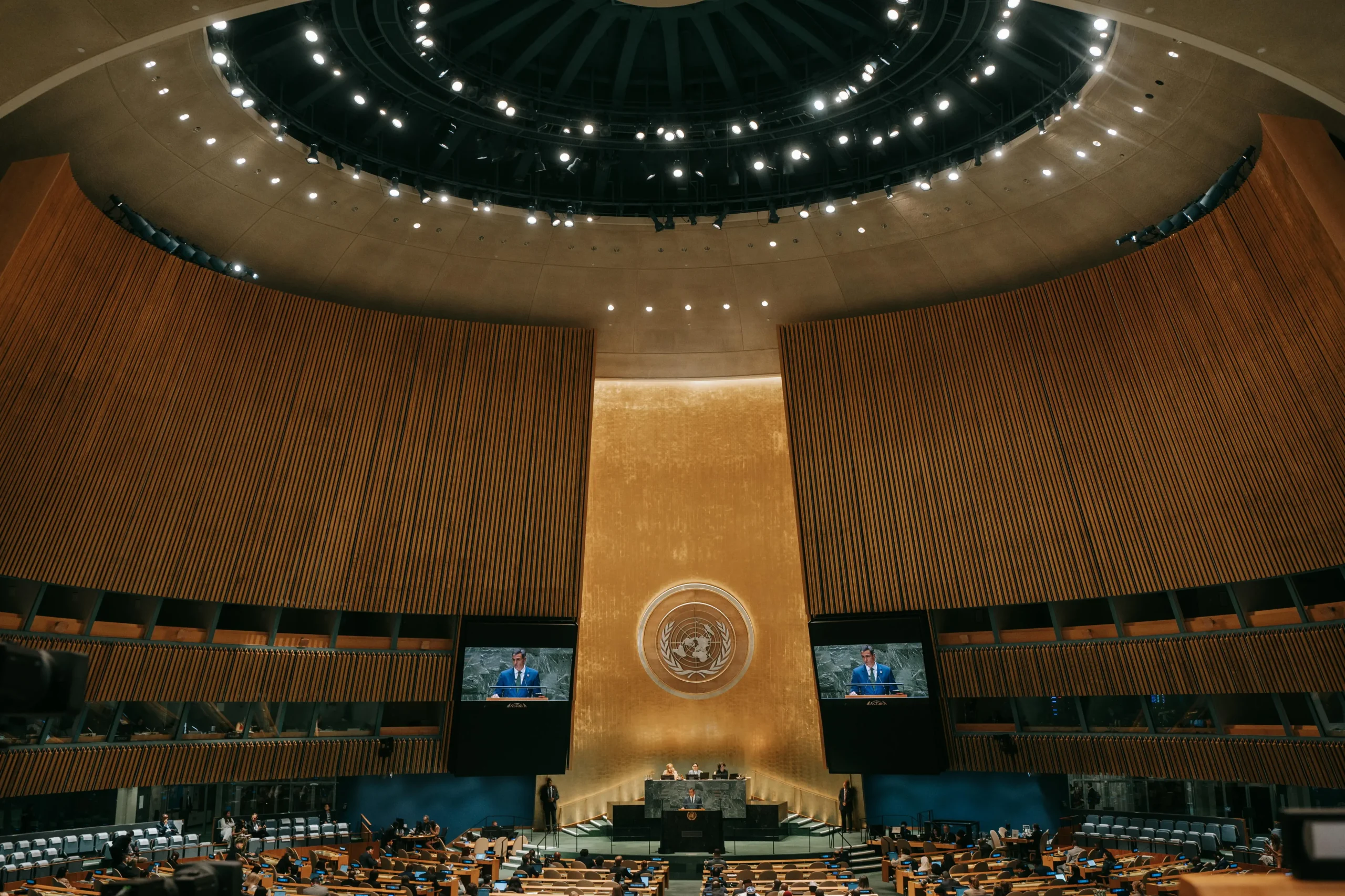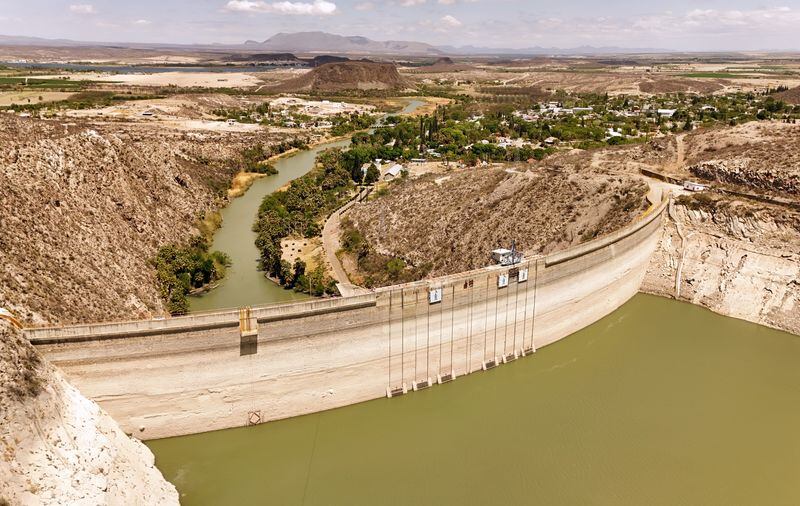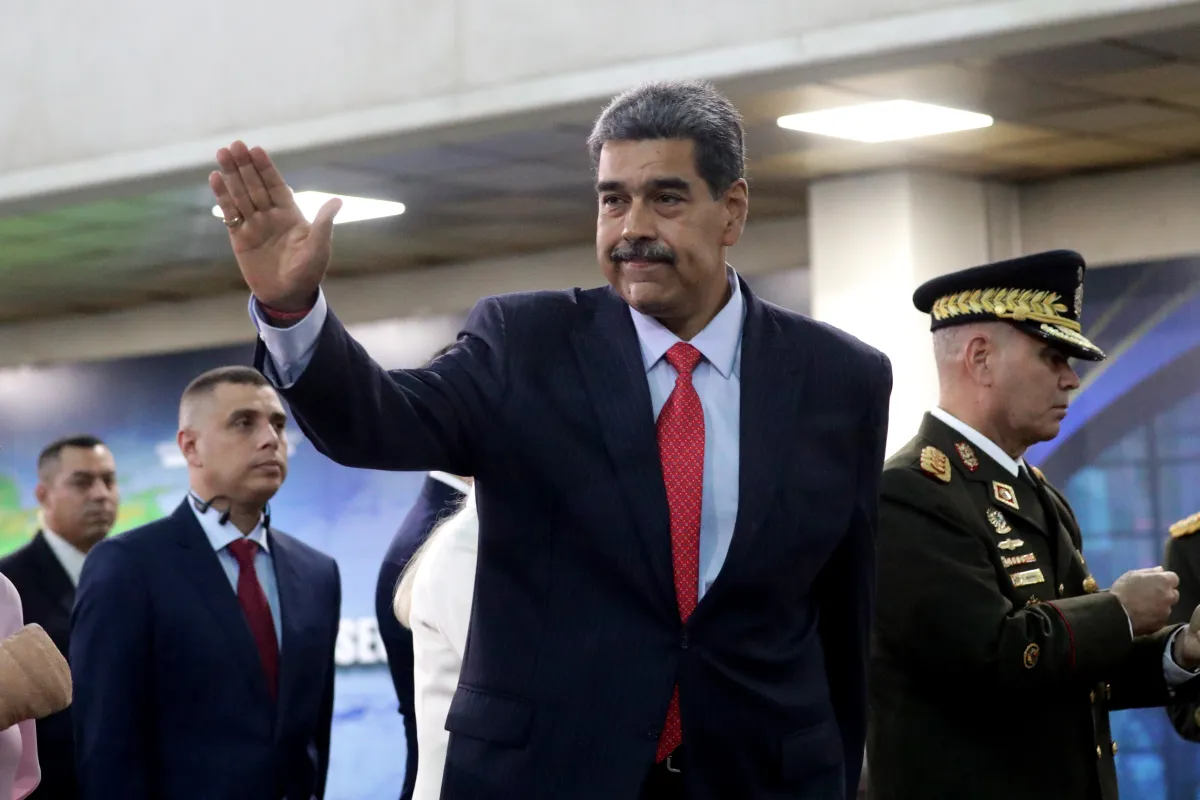International
New blow against Israel at the UN in an overwhelming vote in favor of the ceasefire

The UN General Assembly approved by an overwhelming majority two resolutions to which Israel opposes regarding the situation in the Palestinian territories: one, in favor of a ceasefire in Gaza, which received 158 votes in favor and 9 against, and another, in support of the mandate of the UN agency for Palestinian refugees (UNRWA), which was 159 votes in favor and 9 against.
A two-thirds majority was required to advance these non-binding resolutions, which represent another international blow for Israel and its traditional ally the United States, due to the brutality exercised in the Palestinian enclave and the international inability to stop hostilities.
Several Latin countries among the support for Israel at the UN
Argentina, Uruguay, Paraguay, Hungary and the Czech Republic were the most prominent countries that voted on the side of Israel and the United States in their rejection of a ceasefire in Gaza.
Likewise, Albania, Cameroon, Georgia, Lithuania, Slovakia, Ukraine and several small island states abstained in this vote.
“These two resolutions have no logic and challenge any concept of morality (…) UNRWA is not a neutral actor, but an entity where Hamas infiltrates. It is an open secret, said the Israeli ambassador to the UN, Danny Danon, during the session.
The resolutions, which were co-sponsored by more than 50 countries around the world, follow the path previously traced by others ratified in the same assembly, where a ceasefire was already called for in December last year and the “end of the Israeli occupation” in September, although both with lower margins of support.
The US was isolated again
Today’s vote also comes after last month the US vetoed for the fourth time since October 7, 2023 another resolution in the UN Security Council for a ceasefire in Gaza, once again evidencing its international isolation in the United Nations with regard to Palestine.
“The lasting end to the war in Gaza must come with the release of the hostages. Hamas feels isolated by the ceasefire in Lebanon and supporting these two resolutions could send a dangerous message that it is not necessary to release them,” said the US deputy ambassador to the UN, Robert Wood.
And he added: “Israel’s struggle is against Hamas not with UNRWA (…), but the resolution has serious flaws, since it does not establish the way to restore trust between Israel and UNRWA,” thus justifying his new vote against.
Russia’s statement
For his part, the Russian ambassador to the UN, Vasili Nebenzia, directly blamed the United States for continuing the war in Gaza – where more than 44,800 people have already died and another 106,000 have been injured – for his inaction in the Security Council.
For Nebenzia, with his position the US sends “a clear message” that “if you are a (American) partner, you should not feel constrained by international law.”
Other Arab and Muslim countries, such as Algeria, Saudi Arabia, Iran or Turkey, also dedicated sharp speeches against Israel’s intervention in the Palestinian enclave, which has already lasted fourteen months with disastrous humanitarian consequences.
“We are witnesses of genocide and ethnic cleansing (…) This is a stain on humanity,” they said from the representation of Algeria in the UN.
The approval of these resolutions is not binding but, after them, the UN Secretary General, António Guterres, must issue a written assessment and a detailed report in the next 60 days with a short, medium and long-term plan that paves the way for the resolution of the conflict.
International
U.S. and Mexico Reach Deal to Address Water Deficit Under 1944 Treaty

The United States and Mexico have reached an agreement to comply with current water obligations affecting U.S. farmers and ranchers and for Mexico to cover its water deficit to Texas under the 1944 Water Treaty, the U.S. Department of Agriculture said in a statement.
The department уточified that the agreement applies to both the current cycle and the water deficit from the previous cycle.
On Monday, U.S. President Donald Trump accused Mexico of failing to comply with the water-sharing treaty between the two countries, which requires the United States to deliver 1.85 billion cubic meters of water from the Colorado River, while Mexico must supply 432 million cubic meters from the Rio Grande.
Mexico is behind on its commitments. According to Washington, the country has accumulated a deficit of more than one billion cubic meters of water over the past five years.
“This violation is severely harming our beautiful crops and our livestock in Texas,” Trump wrote on Monday.
The Department of Agriculture said on Friday that Mexico had agreed to supply 250 million cubic meters of water starting next week and to work toward closing the shortfall.
Agriculture Secretary Brooke Rollins, quoted in the statement, said Mexico delivered more water in a single year than it had over the previous four years combined.
Trump has said that if Mexico continues to fall short of its obligations, the United States reserves the right to impose 5% tariffs on imported Mexican products.
Mexico’s Deputy Foreign Minister for North America, Roberto Velasco, said that a severe drought in 2022 and 2023prevented the country from meeting its commitments.
International
Several people shot in attack on Brown University campus

Several people were shot on Saturday in an attack on the campus of Brown University, in the northeastern United States, local police reported.
“Shelter in place and avoid the area until further notice,” the Providence Police Department urged in a post on X. Brown University is located in Providence, the capital of the state of Rhode Island.
U.S. President Donald Trump said on his social media platform Truth Social that he had been briefed on the situation and that the FBI was on the scene.
At 5:52 p.m. local time (11:52 p.m. GMT), Brown University said the situation was still “ongoing” and instructed students to remain sheltered until further notice.
After initially stating that the suspect had been taken into custody, Trump later posted a second message clarifying that local police had walked back that information. “The suspect has NOT been apprehended,” the U.S. president said.
International
Colombia says it would not reject Maduro asylum request as regional tensions escalate

The Colombian government stated on Thursday that it would have no reason to reject a potential asylum request from Venezuelan President Nicolás Maduro should he leave office, as regional tensions persist over the deployment of U.S. military forces in the Caribbean since August.
“In the current climate of tension, negotiations are necessary, and if the United States demands a transition or political change, that is something to be assessed. If such a transition results in him (Maduro) needing to live elsewhere or seek protection, Colombia would have no reason to deny it,” said Colombian Foreign Minister Rosa Villavicencio in an interview with Caracol Radio.
However, Villavicencio noted that it is unlikely Maduro would choose Colombia as a refuge. “I believe he would opt for someplace more distant and calmer,” she added.
Colombian President Gustavo Petro also commented on Venezuela’s situation on Wednesday, arguing that the country needs a “democratic revolution” rather than “inefficient repression.” His remarks followed the recent detention and passport cancellation of Cardinal Baltazar Porras at the Caracas airport.
“The Maduro government must understand that responding to external aggression requires more than military preparations; it requires a democratic revolution. A country is defended with more democracy, not more inefficient repression,” Petro wrote on X (formerly Twitter), in a rare public criticism of the Venezuelan leader.
Petro also called for a general amnesty for political opponents and reiterated his call for forming a broad transitional government to address Venezuela’s prolonged crisis.
Since September, U.S. military forces have destroyed more than 20 vessels allegedly carrying drugs in Caribbean and Pacific waters near Venezuela and Colombia, resulting in over 80 deaths.
U.S. President Donald Trump has repeatedly warned that attacks “inside Venezuela” will begin “soon,” while Maduro has urged Venezuelans to prepare for what he describes as an impending external aggression.
-

 International4 days ago
International4 days agoWashington declares State of Emergency as atmospheric river brings severe flooding
-

 International4 days ago
International4 days agoU.S. to require five-year social media history from tourists under Visa Waiver Program
-

 International3 days ago
International3 days agoCuba battles out-of-control dengue and chikungunya epidemic as death toll rises to 44
-

 Central America3 days ago
Central America3 days agoHonduras election crisis deepens as CNE president denounces intimidation attempts
-

 Central America4 days ago
Central America4 days agoOAS and EU urge honduran political actors to respect vote results and avoid unrest
-

 International3 days ago
International3 days agoColombia says it would not reject Maduro asylum request as regional tensions escalate
-

 International2 days ago
International2 days agoSeveral people shot in attack on Brown University campus
-

 International3 days ago
International3 days agoEcuador on track for record violence as homicides hit highest level in Latin America again
-

 International4 days ago
International4 days agoSix ecuadorian soldiers jailed pending trial for alleged extrajudicial execution
-

 International2 days ago
International2 days agoU.S. and Mexico Reach Deal to Address Water Deficit Under 1944 Treaty
-

 Central America11 hours ago
Central America11 hours agoPanama seizes over three tons of drugs hidden in Caribbean port container


























